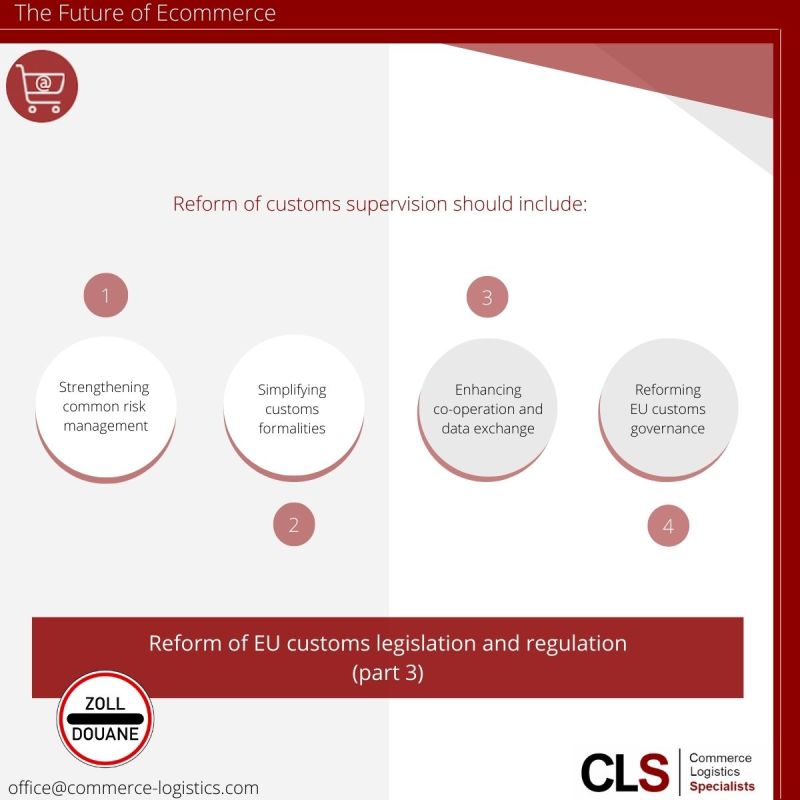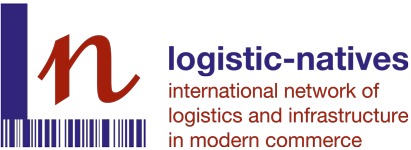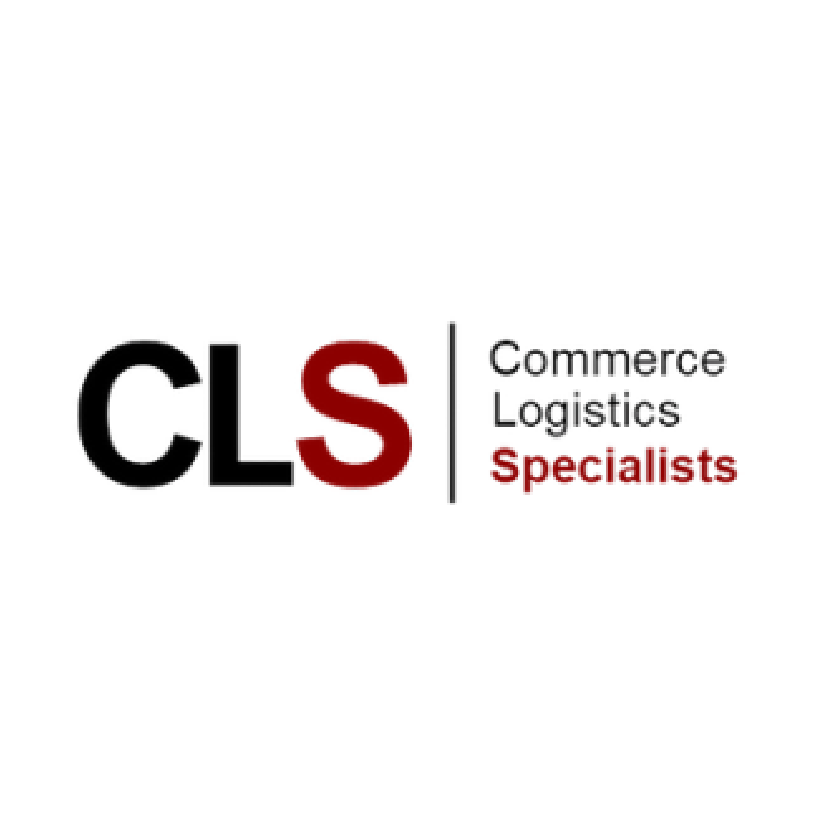Reform of EU customs legislation and regulation (Part 3)

The #EU Customs Union is a #major cornerstone of the EU #SingleMarket and external #tradepolicy, and a #keycomponent in the EU’s #strategic autonomy. Annex II of the EU #Commission Work Programme 2022 foresees a revision of the Union Customs #legislation .
As well as the #challenges noted in Part 1 and 2, the rise of #ecommerce and its #transaction volumes #demands the effective #management of billions of small #retail consignments.
Without further action at EU level, the gap between supervision capacity and public expectations places the #credibility of #EU #policies and #standards for goods and #supplychains and the EU internal market at #risk. Harm to #consumers, unfair #competition for EU #production, and loss of #revenue could all continue.
The #scale of the challenge has been highlighted by a #survey of the European Consumer Organisation: even after passing through the #customs inspection process, 2/3rds of sampled ecommerce goods did not comply with EU #standards. Similarly, an #analysis of the EU’s rapid #alert #system (#RAPEX) shows that more than 90% of #chemicals in #consumerproducts found to be non-compliant with the REACH regulation come from outside the EU.
𝗥𝗲𝗳𝗼𝗿𝗺 𝗼𝗳 𝗰𝘂𝘀𝘁𝗼𝗺𝘀 𝘀𝘂𝗽𝗲𝗿𝘃𝗶𝘀𝗶𝗼𝗻 𝘀𝗵𝗼𝘂𝗹𝗱 𝗶𝗻𝗰𝗹𝘂𝗱𝗲:
1. 𝗦𝘁𝗿𝗲𝗻𝗴𝘁𝗵𝗲𝗻𝗶𝗻𝗴 𝗰𝗼𝗺𝗺𝗼𝗻 𝗿𝗶𝘀𝗸 𝗺𝗮𝗻𝗮𝗴𝗲𝗺𝗲𝗻𝘁, e.g., by leveraging #partnerships with trusted #traders and other competent #authorities and reinforcing advanced #cargo information.
2. 𝗦𝗶𝗺𝗽𝗹𝗶𝗳𝘆𝗶𝗻𝗴 𝗰𝘂𝘀𝘁𝗼𝗺𝘀 𝗳𝗼𝗿𝗺𝗮𝗹𝗶𝘁𝗶𝗲𝘀 for reliable and trusted traders established in the EU, e.g., by making greater use of commercial information in place of burdensome administrative #requirements.
3. 𝗘𝗻𝗵𝗮𝗻𝗰𝗶𝗻𝗴 𝗰𝗼-𝗼𝗽𝗲𝗿𝗮𝘁𝗶𝗼𝗻 𝗮𝗻𝗱 𝗱𝗮𝘁𝗮 𝗲𝘅𝗰𝗵𝗮𝗻𝗴𝗲 between customs and non-customs authorities (e.g., market surveillance authorities, law enforcement authorities, #taxagencies)
4. 𝗥𝗲𝗳𝗼𝗿𝗺𝗶𝗻𝗴 𝗘𝗨 𝗰𝘂𝘀𝘁𝗼𝗺𝘀 𝗴𝗼𝘃𝗲𝗿𝗻𝗮𝗻𝗰𝗲 to create an “EU layer” and strengthen the unity of the Customs Union. This will effectively stop cherry picking by knowledgeable #importers who choose their point of entry into the EU according to known #weaknesses in #local customs authority practices. This can be countered by introducing #modern instruments and #digitalrisk and #compliancemanagement standards at EU level, and making them available to local EU customs authorities currently lacking resources in this area.
(To be continued)
Click here for the LinkedIn-Article.

Walter Trezek
Document Exchange Network GmbH

